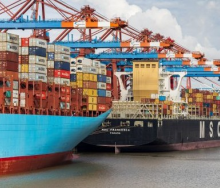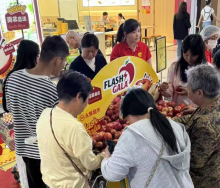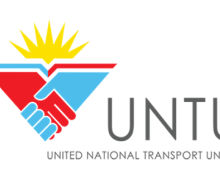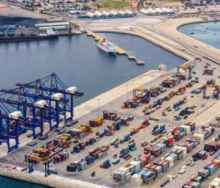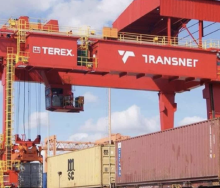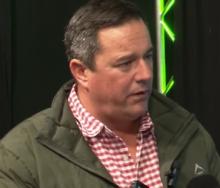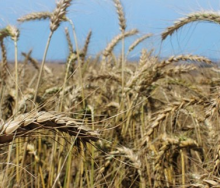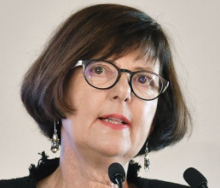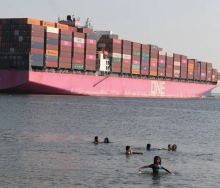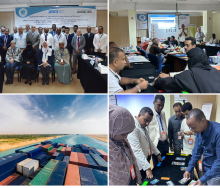Kenyan coffee farmers are to sell their produce directly to one of the world's largest coffee firms, Belgium’s Java Coffee Company (JCC), following an agreement signed by the company and the country’s deputy-president, Rigathi Gachagua, in Rotselaar, Belgium.
The joint commitment deal is a pledge by JCC to purchase Kenyan coffee directly from local farmers, starting with 700 tonnes.
It’s seen as a development that will help small-scale farmers increase their incomes for packing and selling to European markets.
The company has also undertaken to procure a substantial volume of coffee in support of Kenya’s emerging women farmers and cooperatives.
"Java Coffee Company commits to purchase Kenyan coffee directly from local farmers,” JCC said in a statement.
“This commitment entails the acquisition of at least 10 000 bags of coffee, totalling 700 tonnes of premium Kenyan coffee.
“Our primary focus rests on supporting Kenyan women farmers and cooperatives, recognising their invaluable contribution to the global coffee landscape.”
The deal was formalised at the company's head office during Gachagua's official visit to Belgium last week.
It follows a meeting between Gachagua and the chief executive officer of JCC, Kathleen Claes, who was accompanied by a representative of the Belgium Coffee Roasters Association.
The agreement was solidified ahead of the Coffee Stakeholders Roundtable between Kenya and Belgium coffee roasters, hosted by the JCC.
"This is in line with reforms we have been implementing in the coffee subsector, hence the importance of this visit,” Gachagua said.
“As we aim to raise production from the current 51 000 million tonnes to 260 000m in five years, we are looking forward to bringing our produce closer to the market and the consumer.
“In the long term, we want a share in the value-added product, which will deliver more money to our farmers, besides strengthening our economy.”
Since Belgium is one of the main points of entry and trade hubs for coffee in Europe, Gachagua said there was also growing demand for certified coffees, triggered by a consumer trend towards sustainable, traceable and high-quality products.
The Benelux country is also the second largest destination of Kenyan coffee and the gateway to most European markets through the Port of Antwerp.
The port accounts for approximately 50% of Europe's coffee logistics business.
The development comes at a time when the Kenyan government is trying to increase coffee production, which once accounted for up to 40% of its forex earnings.
The Java House brand (formerly Nairobi Java House) is a chain of coffee houses with its head office at ABC Place in Nairobi, Kenya, founded in 1999.
It is one of the few places where one can find "export quality" Kenyan coffee brewed and served in the region.
Starting from the first cafe at Adam's Arcade along Ngong Road which opened in 1999, Java House has grown to multiple locations across Africa, including South Africa.
In 2012, it was sold to Emerging Capital Partner (ECP), a pan-African private equity firm that has raised $2 billion through funds and co-investment vehicles for growth capital investing in Africa.
ECP focuses on investments in consumer goods, financial services and telecommunications.
The Java brand is also the owner of Italian pizza chain 360 Degrees Pizza and the first-ever East African self-service frozen yoghurt store, Planet Yogurt.

